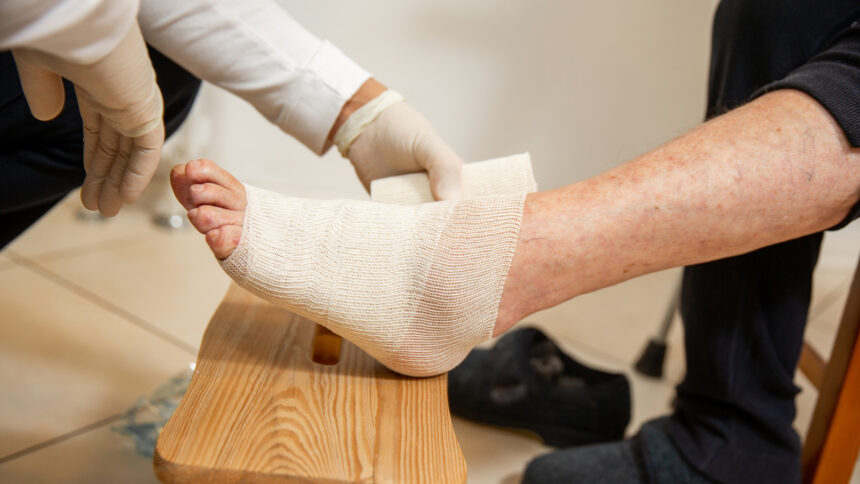
A former Genesis HealthCare executive has launched a new national collaborative meant to educate long-term care professionals on all aspects of wound care and skin health.
The organization, the Post Acute Wound Skin Integrity Council, or PAWSIC, was granted nonprofit status Sept. 15. While it will primarily be an educational organization, President Jeanine Maguire, PhD, MPT, CWS, told McKnight’s Long-Term Care News Wednesday that she hopes to eventually work with federal officials to develop better national guidance around wound care and related topics.
“There’s a major gap in wound management, particularly for post-acute care,” said Maguire, who was previously vice president of Skin Health & Wound Care Integrations at Genesis.
“The gap that exists is an interprofessional team, teamwork between all different professions, for all different wound types through the lens of the regulations that are very nuanced in post-acute care,” she added. “There are not necessarily national guidelines to guide this sector. If you’re an operator, you’re maybe not sure if what you’re doing is appropriate for all wound types in regards to care delivery.”
Origins and first goals
That struggle, Maguire said, is why she started what would become PAWSIC about three years ago with a small group of like-minded wound care professionals. The organization now has a 19-member board made up of clinicians from across long-term care settings and health professions, including wound care experts, therapists, dieticians, pharmacists and operators.
To begin with, they are focused on determining what information clinicians and others need and shaping content to help move the sector’s efforts forward. Staying up to date on which methods to use for which wound types and choosing emerging technologies and treatment approaches are challenges, but innovations could reshape how care should be delivered.
“It really is a struggle, which is why I believe [missing guidance] is one of the major reasons for federal tags, one of the major reasons for litigation. It’s not because of lack of good intentions. We have a lot of that,” Maguire said. “But seldom are any of us really prepared to work at the level that’s really expected in post-acute care because we haven’t necessarily been trained in team work or academia, or even wound management the way evidence is directing us to practice today.”
In announcing its establishment, PAWSIC noted that pressure injury rates range from 7.9% to 28% in various long-term care settings, with two of every three ulcers in those 70 or older. Chronic wounds can alter a patient’s quality of life, and they’re also costly. Regulatory fines and litigation are rising, PAWSIC added, with the average settlement at $250,000.
PAWSIC’s work will center on comprehensive interprofessional approaches to address significant chronic wounds and skin issues, including pressure injuries and and diabetic foot ulcers.
Resources and guidelines to come
Resources and tools will be designed for a gamut of post-acute providers, from nursing homes to hospice and home care providers to independent living facilities. Families, patients and certified nurse aides are invited to join the organization for free to help further understanding of wounds and expected practices.
“In time, as we build up this organization, and gain strength in numbers with our membership and our sponsors, we want to develop special interest groups, where everybody has a voice,” Maguire said. “As we develop resources and guidelines of care, we can then perhaps work with CMS, lobby CMS and try to develop standards for this space that operators can use, providers can use and patients can expect.”
Already, PAWSIC has developed a Wound Provider Group Checklist designed to help clinicians and skilled nursing facilities or other long-term care providers forge smart partnerships. There’s also a free webinar, “Navigating the CMS Regulations for Skin and Wound Care in Skilled Nursing and Long-Term Care.”
The organization will launch widely Nov. 2 at the Symposium on Advanced Wound Care in Las Vegas. Membership is available now at PAWSIC.org.




